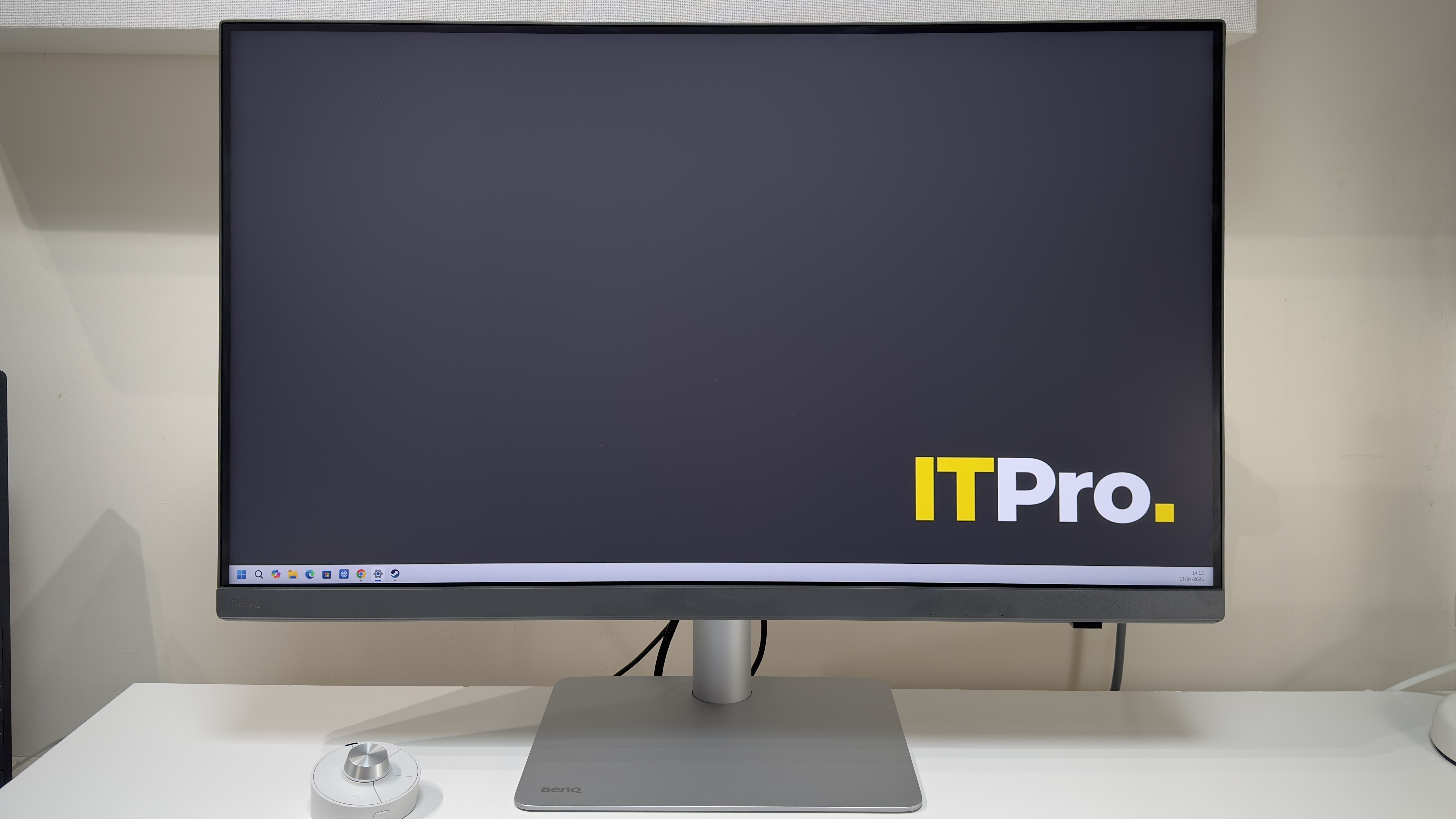More women are opting for computing degrees, but BCS warns there’s still a long way to go
Figures show the gap in numbers between men and women is narrowing


Efforts to encourage women into computing appear to be paying off, with the gap between men and women choosing computing degrees the smallest it's ever been.
Analysis of data from university clearing service UCAS by BCS, The Chartered Institute for IT, has found that a record 6,310 UK women started a computing degree at UK universities in 2024, compared with 26,400 men.
And while this means that there are still 4.1 young men for every female counterpart studying computing degrees, that's a slight drop from a ratio of 4.2 to one in 2023.
Notably, BCS said this marks a big improvement over previous years, with 5.5 18-year-old men to each young woman recorded in 2019.
"A computing degree gives young people influence over the way the world will develop and the direction society will take. They’ve grown up seeing how technology shapes the future of industry, politics, communications, social life and work and they want a way in," said Julia Adamson, MD for education and public benefit at BCS.
"I’m excited that young women are using computing to seize their future in greater numbers. But we need this to accelerate rapidly because it is vital the UK has diverse teams working in areas like AI to make sure its decisions and outcomes are good for everyone."
Overall, the number of students taking a computing degree rose by 7% in 2024, more than twice as much as the overall rise of 3% for all subjects.
Get the ITPro daily newsletter
Sign up today and you will receive a free copy of our Future Focus 2025 report - the leading guidance on AI, cybersecurity and other IT challenges as per 700+ senior executives
However, there are regional differences. While numbers are growing in England and Scotland by 6% and 8% respectively, there are declines in Northern Ireland and Wales, by 8% and 3%.
BCS said computing degrees appear to be contributing strongly to social mobility, with students from the two least advantaged groups of the UK accounting for half of all acceptances - well above the 42% rate for all degrees.
Students starting UK computing degrees are also ethnically diverse, with Asian (24%), black (14%) and mixed-race (6%) students accounting for nearly half of the intake, compared with just a third for UK undergraduate higher education as a whole.
RELATED WHITEPAPER

But while female representation may be rising at university level, there may well be a decline in a couple of years.
This summer, King's College researchers found that, after the curriculum became narrower in scope, the number of girls in England taking GCSE-level computing has more than halved since 2015.
Separate BCS research has found that 94% of girls and 79% of boys drop computing at age 14.
Emma Woollacott is a freelance journalist writing for publications including the BBC, Private Eye, Forbes, Raconteur and specialist technology titles.
-
 BenQ PD3226G monitor review
BenQ PD3226G monitor reviewReviews This 32-inch monitor aims to provide the best of all possible worlds – 4K resolution, 144Hz refresh rate and pro-class color accuracy – and it mostly succeeds
By Sasha Muller
-
 Layoffs loom for underskilled tech workers and poor performers
Layoffs loom for underskilled tech workers and poor performersNews Tech hiring managers expect to make layoffs in the coming months, with roles ripe for automation and workers with outdated skills the most likely to be cut.
By Emma Woollacott